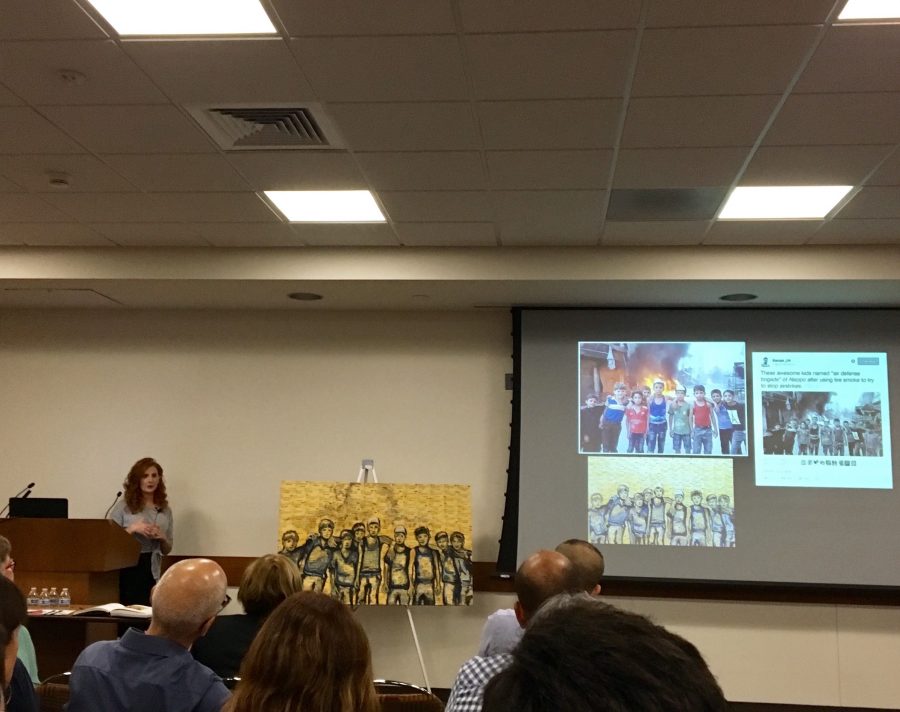
Meet Antonio Salieri (Miles Anderson), an aging and some what well-known Italian classical composer.
The year is 1823 and he believes his time on Earth will inevitably end soon. In order to die without regrets, Antonio wants to tell the humble audience at The Old Globe 2011 Shakespeare Festival about his twisted relationship and rivalry with world-famous composer Wolfgang Amadeus Mozart (Jay Whittaker).
“Amadeus” starts as what appears to be the mystery of the puzzling death of Wolfgang. However, it becomes clear that Antonio is a bit of a sociopath. He lies and cheats on his wife, lies to Wolfgang, lies to his listeners and even lies to himself. This revelation, along with the assumption that Wolfgang is an irreverent, mad genius with many loose screws, turns the play into an engrossing psychodrama.
Yet, this is a show with many contradictions. The real Antonio and Wolfgang were known for being very talented: While Peter Shaffer’s writing takes some effective liberties with the facts, he does explore the bizarre musical brilliance of the two men. At certain moments, Antonio allows observers to listen to snippets of Wolfgang’s famous music, thanks to the music direction of Charlie Reuter and sound designer David Bullard, while Antonio gives beautiful examinations of the man’s work.
Adrian Noble directs the tale of Wolfgang and Antonio as a classic rise-and-fall saga, similar to films such as “All About Eve,” “Goodfellas” and even “The Social Network.” This gives the overall production more of a cinematic feel, covering a decade in the 18th century when success and disappointment manage to find their way into every major scene.
At the same time, Noble knows the heart of Shaffer’s writing comes from a place of surreal insanity. In the opening and closing moments, the ensemble consistently and intensely whisper the name “Salieri,” which is likely all happening in his imagination. Another freaky reoccurring touch is the consistent laughter of Wolfgang. It is not the laugh of a typically happy person, but that of an individual who belongs in an insane asylum. This motif is an indication that spectators are in the company of a guy with a deranged personality.
Anderson and Whittaker are incredible in the interpretations of their iconic counterparts. Anderson hooks people within moments as he delivers a lengthy monologue about Antonio’s early life and keeps them completely engaged in his tale. A notable point that can be said of his work in “Amadeus” and “The Tempest” (part of the 2011 Shakespeare Festival) is that Anderson knows how to tell a thrilling story.
Whittaker also immediately earns everyone’s attention in his introduction as Wolfgang. He starts by engaging in raunchy and funny, over-the-top dialogue with his girlfriend, Constanze Weber (Winslow Corbett). When he is reintroduced, his attitude and lack of filter from his mind to his mouth are more or less the same, making Wolfgang an unconventional artist, to say the least. As Wolfgang’s paramour, Corbett is surprisingly complex.
“Amadeus” definitely goes to some dark places, but it is also a highly entertaining production with several amazing performances, a good amount of memorable music, unique direction and plenty of laughs. Those who are not satisfied might just be mad themselves.
Tickets and information about “Amadeus” can be found at theoldglobe.org.








